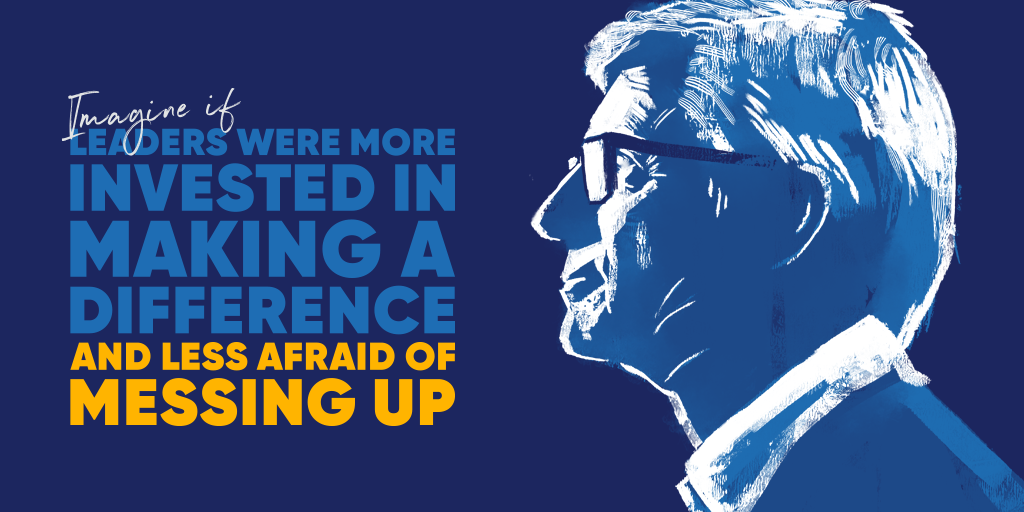Insight article

What makes a great story: #3 A call to action
No story is complete without a call to action, where the protagonist is compelled to take action, to set out on a journey to resolve a challenge or change a particular situation. This response is the catalyst for change, for resolution, for transformation. Without it, our hero (ourselves, in a business story) cannot find the meaning or purpose which we humans crave. Life would just drift on, the status quo unchanged. Quite boring really. Nothing to see here.
Look at what Sir David Attenborough has achieved. His meta story – his emotive, urgent call to change our behaviours to save the planet – has sparked a phenomenal response where we have been compelled to take action, putting pressure too on big business and governments to do the same. Whether recycling, moving to electric cars, planting wild flowers and trees or picking up litter, these small actions help us to feel that we are playing our part in tackling an existential threat, however small that part might feel. They bring us meaning and purpose in a worldwide movement of intent to make the world a safer, better place for generations to come. There is still a massive urgency, and obviously much, much more to do (don’t get me started on the issue of net zero goals), but chapeau to Sir David who has done so much to bring us awareness and a sense of duty to do our bit.
In business, a great strategic narrative has the same call to action – an honest, credible and transparent plea for active engagement and support, which is rooted in reality and links both the challenge the organisation is facing, what we need to do differently or better, and what success will look like if we meet and overcome that challenge together. Conversely, a poor internal narrative is one which simply talks about our strengths, our purpose, what we do for our customers and what a great place it is to work: a rosy picture of success that won’t make anyone feel uncomfortable enough to get out of their seat to do something different.
People need to feel valued – that they are playing their part in a bigger story of change and transformation. Leaders need to initiate conversations where their teams can proactively come up with ideas for different or better ways of working, that they are playing out their heroism rather than being victims of change. A rallying cry, a call to arms – that sense of being part of a movement that will bring a greater good – is tremendously motivating. It’s what engages and energises us, and brings us meaning, purpose and a sense of belonging. Together we can overcome the threat and conquer the world. Well, make a start, anyway.




